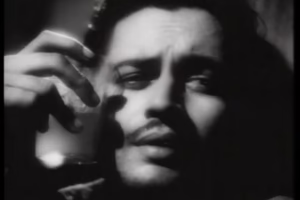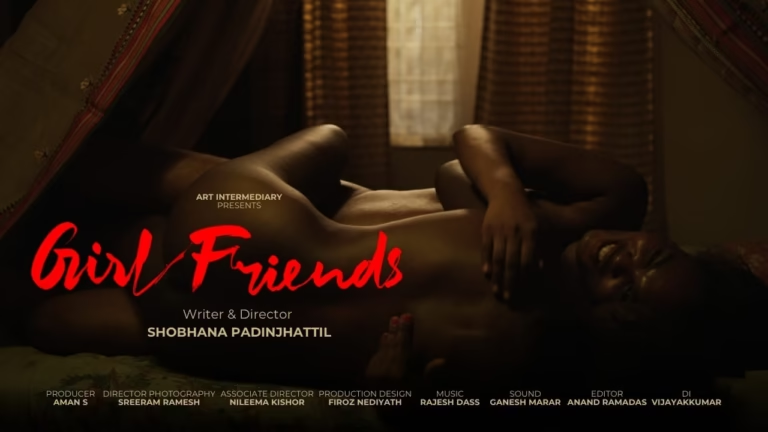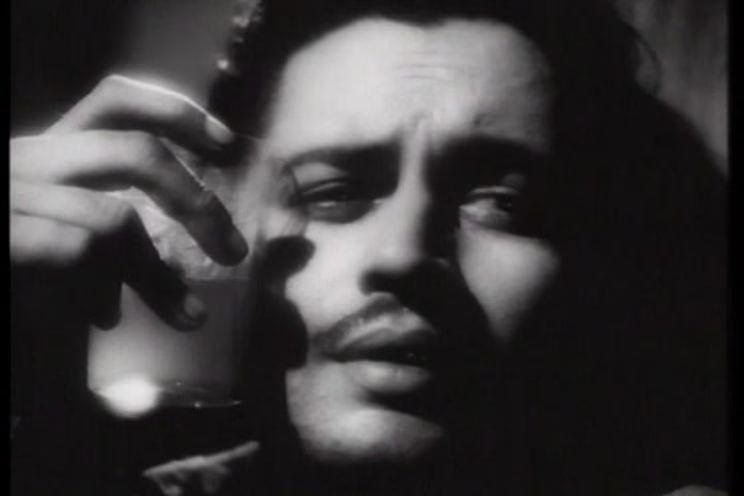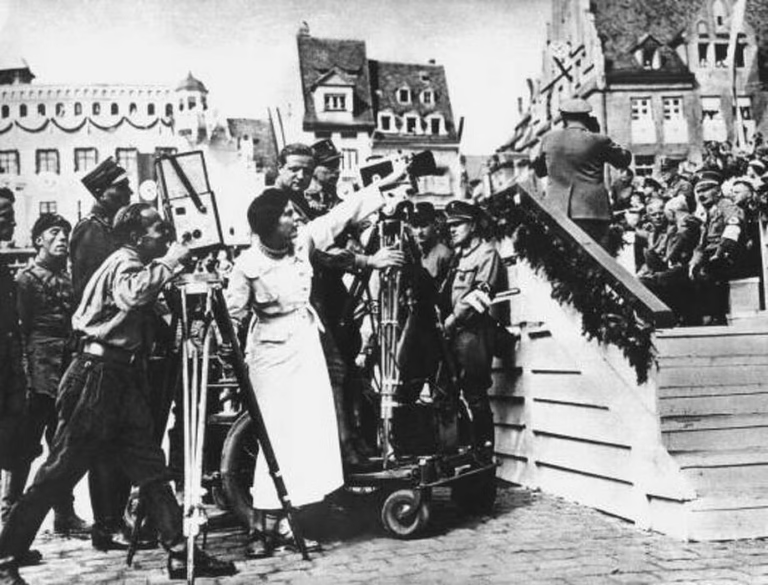When Yorgos Lanthimos released Dogtooth in 2009, he likely didn’t imagine it would become one of the most dissected films of modern cinema. On the surface, it is a film about a family: three children raised in complete isolation, where the outside world doesn’t exist and every truth is manufactured by their authoritarian father. Yet, beneath this starkly absurd premise lies a meditation on control, power, and the fragile construction of reality.
This surreal allegory arrived at a tumultuous time in Greece. The country stood on the brink of financial collapse, with external forces dictating economic policy and reshaping daily life. That zeitgeist of unease lingers in Dogtooth—a tale where systems designed to protect instead entrap, and where rebellion comes at a brutal, personal cost. Lanthimos, a product of Athens himself, has never explicitly tied his work to politics. Still, his cinema pulses with the echoes of authoritarian systems, questioning how far power can go to rewrite lives.
Lanthimos’s artistic journey is as fascinating as the worlds he builds. Coming from a background in experimental theater and avant-garde commercials, he carried a certain precision and boldness into filmmaking. Dogtooth wasn’t a big-budget spectacle; it was a film born from constraints, filmed in an unremarkable suburban house with minimalist aesthetics that heightened its strange intimacy. The stark frames and clinical pacing emphasize the suffocating monotony of the family’s existence, with each scene creating a discomfort that’s hard to shake.
The actors in Dogtooth were more than performers; they were co-conspirators in Lanthimos’s daring vision. Aggeliki Papoulia, playing the eldest daughter, gave a performance that felt painfully real. Her journey from compliance to rebellion—to the shocking moment of knocking her own tooth out in a bid for freedom—stands as one of the most visceral depictions of resistance ever captured on film. Papoulia’s willingness to throw herself into such a demanding role speaks to the trust and creative intimacy Lanthimos fosters with his collaborators.
For all its quiet horror, Dogtooth is also a fiercely political film, though Lanthimos avoids overt messages. Its portrayal of language as a tool of control—where words are stripped of their conventional meanings—speaks to how propaganda distorts truth in authoritarian regimes. The parents’ isolated household becomes a stand-in for any system that builds walls of fear and lies to maintain power. It’s not just a house but a metaphorical prison, a microcosm of systems that oppress and divide.
What makes Dogtooth so lasting isn’t just its themes or aesthetics but its refusal to offer answers. Lanthimos challenges his audience to sit in discomfort, to question the boundaries of freedom and truth, and to consider the cost of escaping oppressive systems. It’s a film that doesn’t just linger—it burrows into your thoughts, unsettling and haunting you long after the credits roll.
Yorgos Lanthimos has since become a defining voice in contemporary cinema, but Dogtooth remains his rawest and most potent work. It is a tale of rebellion, an allegory of power, and a masterpiece of minimalist storytelling that still bites, long after its first appearance.


















